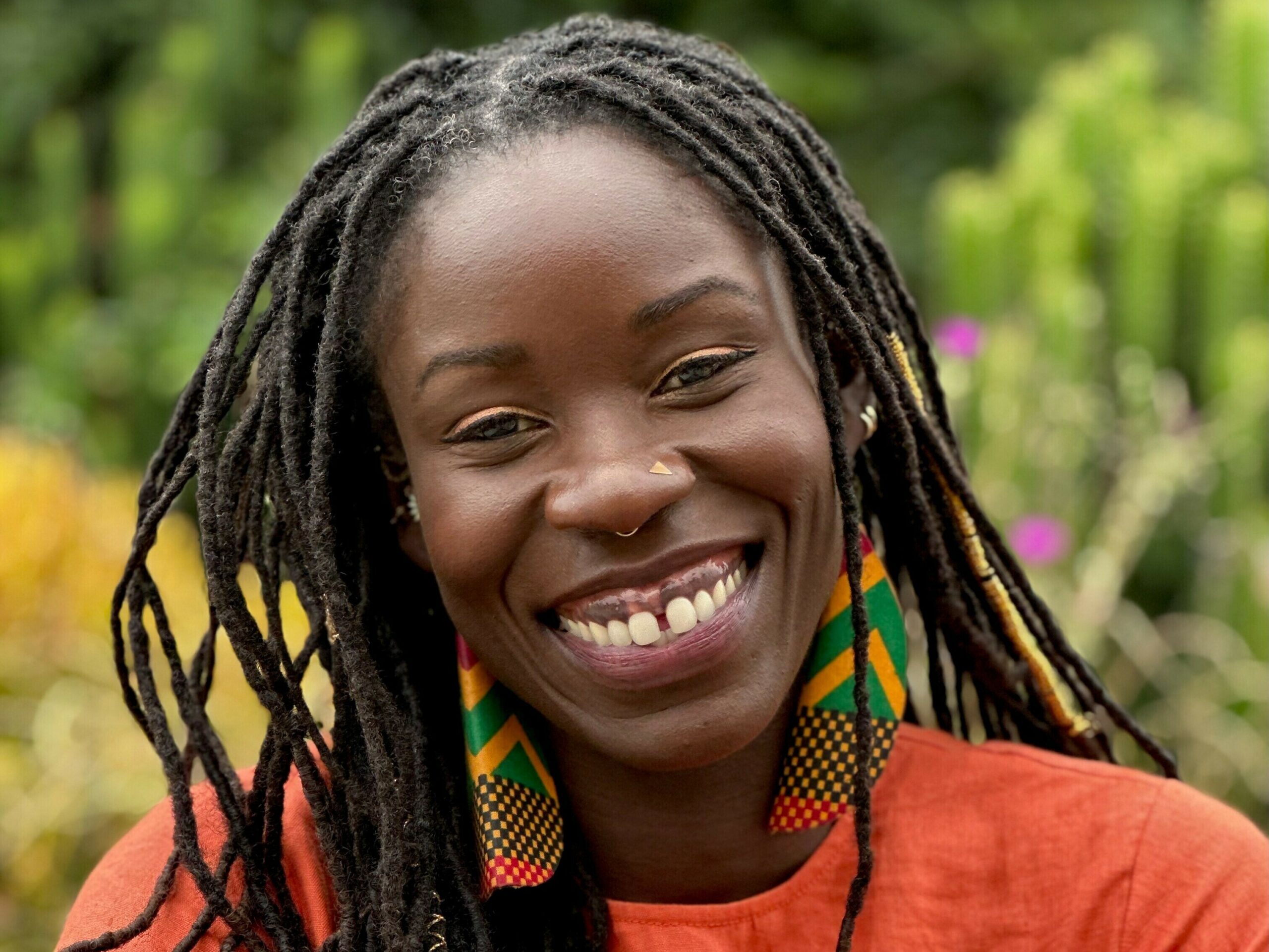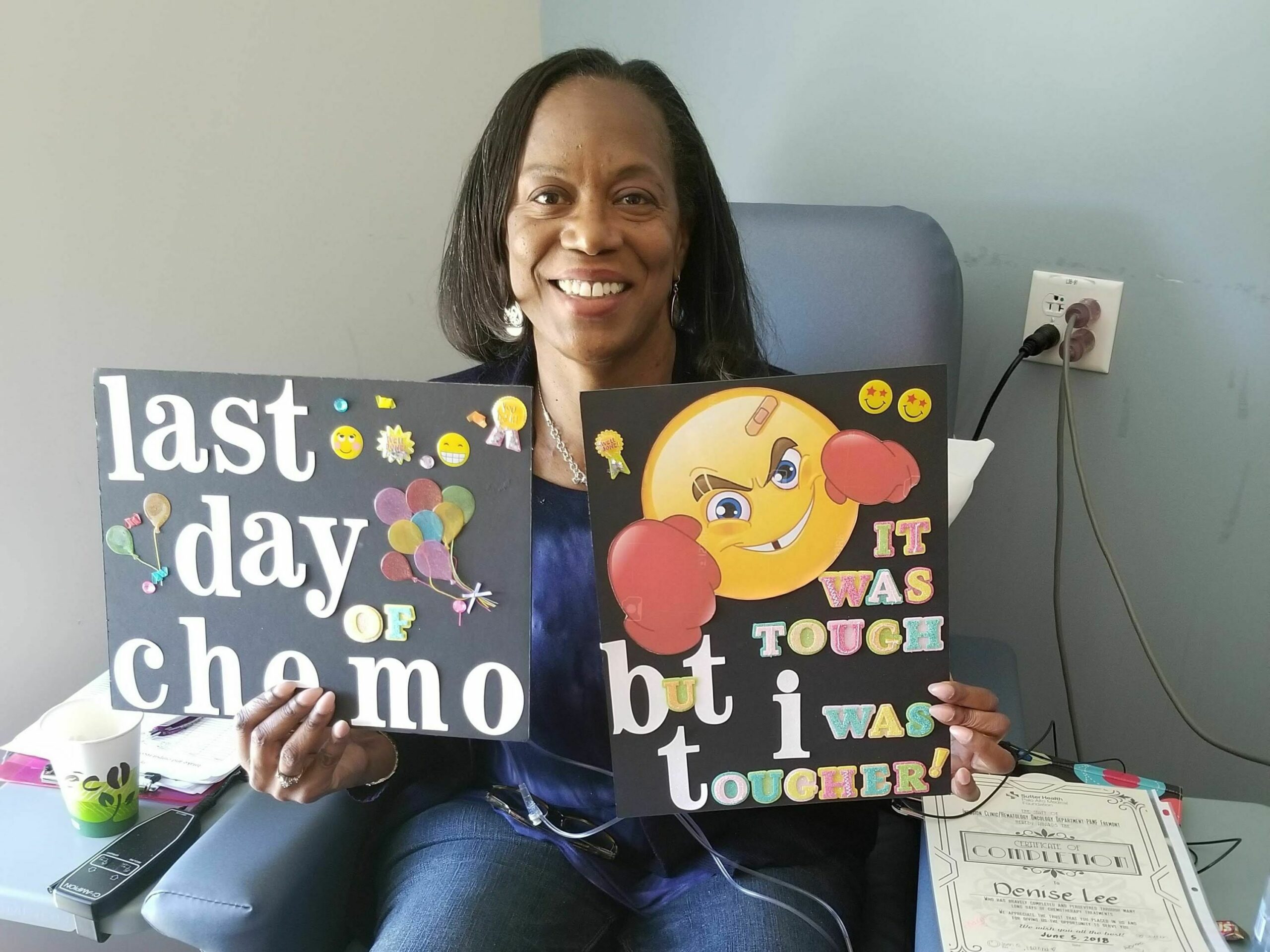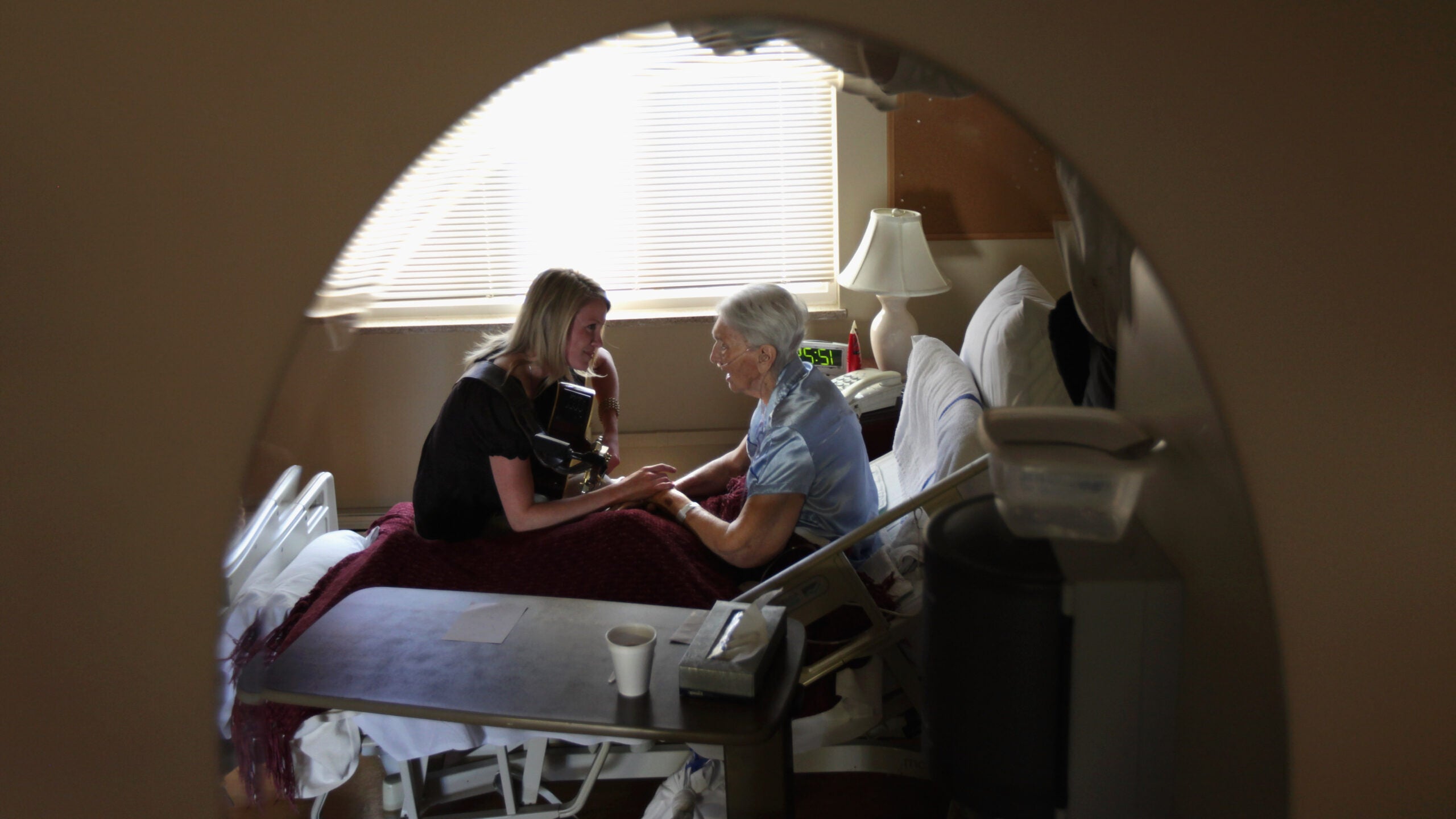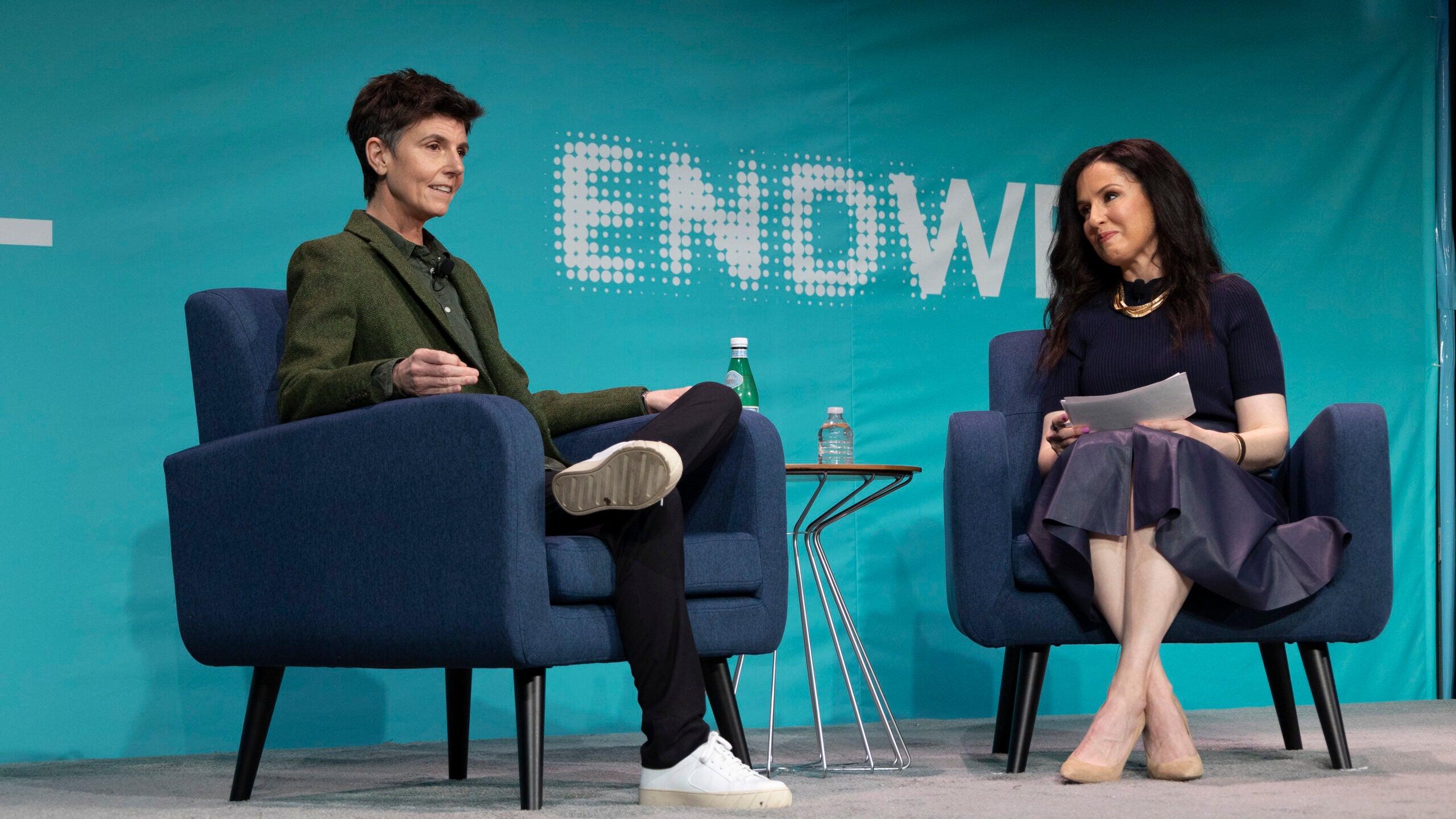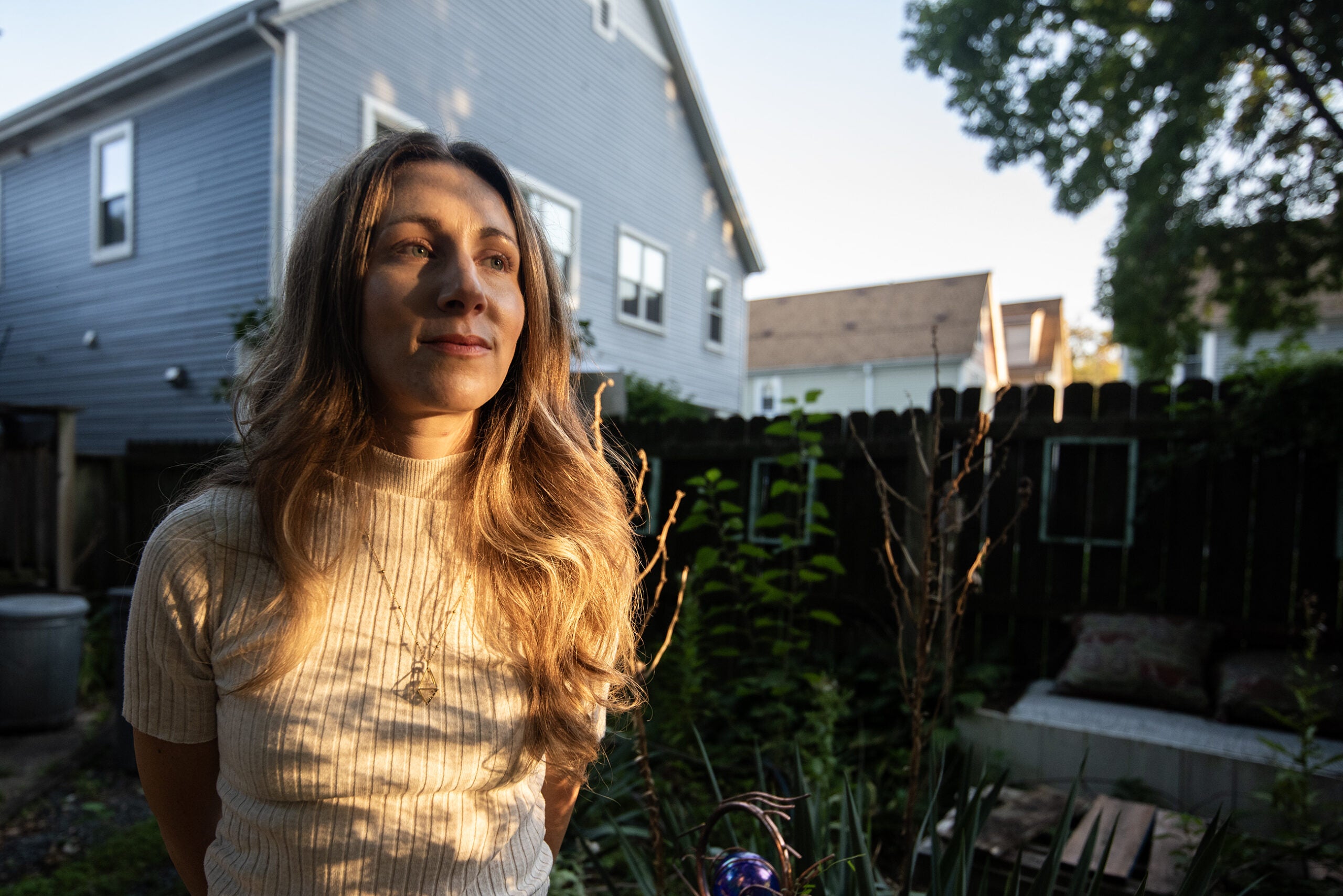A death can be tough on a family, and not knowing a person’s dying wishes can make it more difficult. Since 2012, the Wisconsin Medical Society has been trying to address that issue by encouraging people to do what’s called “advance care planning.”
The WMS campaign known as Honoring Choices wasn’t around 11 years ago when 48-year-old Karen Sandrin was diagnosed with inflammatory breast cancer. She did not want treatment and made that clear to her family.
“Through the years, Karen had many medical procedures — trips to the hospital, trips to the doctor — and was incredibly brave. Brave doesn’t even begin to describe it,” said Jo Ellyn Schultz, describing her sister’s last days.
Stay informed on the latest news
Sign up for WPR’s email newsletter.
The Time Remaining
Sandrin had cerebral palsy. And as Schultz describes it, her sister had spent a “lifetime” with doctors and hospitals. She wanted her remaining time to be spent differently: going to Ice Capades, the zoo and her niece’s wedding shower. But doctor visits were still part of the picture.

A photo of Karen Sandrin, who suffered from cerebral palsy and died from breast cancer. Shamane Mills/WPR
“She met with a surgeon who recommended that she have a mastectomy for palliative reasons because the tumors would grow aggressively and could break through the skin and create additional kinds of problems for Karen,” Schultz recalled. “So she agreed to have the mastectomy, though she wanted no treatment but she understood what was necessary”
Schultz said Sandrin met with a cancer doctor who talked about radiation and chemotherapy. Sandring was adamant that she didn’t want the treatment. Her family stressed that to the doctor, who felt otherwise.
“And this may sound harsh, because there are wonderful clinicians. But we had a feeling at times, as a family, that the sense was that we were not supporting Karen to receive treatment — we might have another agenda. After all, she was so handicapped, did we care enough about keeping her alive?” Schultz said.
There can be resistance on the part of doctors to go against what they’re trained to do: try tp make people better. What’s more, some families may insist on extraordinary measures, or simply don’t know what a patient wants. The statewide program Honoring Choices seeks clarity in cases where someone can’t communicate to let doctors and family know.
Taking Time To Plan
As an attorney in elder law, Ben Adams is familiar with the formal documents to do this. He occasionally speaks to groups about advance care planning, which he did recently for employees at the State Bar of Wisconsin.
He asked those in the room how many have talked about advance care planning with their family. A few hands went up. Adams then asked who has actually put it in writing.

Attorney Ben Adams giving a talk on advanced care planning. Shamane Mills/WPR
“Statistics would show you that probably 85 percent of people think it’s very important to have a health care directive completed. And yet less than 20 percent of people, adults, actually have those,” Adams told the group.
During his talk, Adams owned the room. The crowd listened and asked questions. He reassured them that advance directives don’t need to be complicated.
“I know the lawyer who handled the Nancy Cruzan cases through the Missouri Supreme Court to the U.S. Supreme Court. His advance directive basically says, ‘I appoint my wife to make my decisions and she can make any decision she feels comfortable with.’ It can be that simple. But that’s based on the fact they have talked,” Adams said,
Nancy Cruzan’s case was the focus of a bitter debate about how and when families can decide to withdraw a feeding tube or medical treatment. In 1983, Cruzan was in a car accident that left her in a persistent vegetative state. The state of Missouri required her parents to have clear and convincing evidence of Cruzan’s wishes to remove her from life support.
One outcome of the case was advance directives, documents detailing what a patient wants.
Adams gave his presentation in April, during a nationwide push to get Americans to think about future health care decisions.
Said Adams: “Healthcare Decisions Day is always April 16, the day after taxes are due. Because, as Ben Franklin said, the only two sure things are death and taxes.”
Wisconsin Public Radio, © Copyright 2024, Board of Regents of the University of Wisconsin System and Wisconsin Educational Communications Board.


